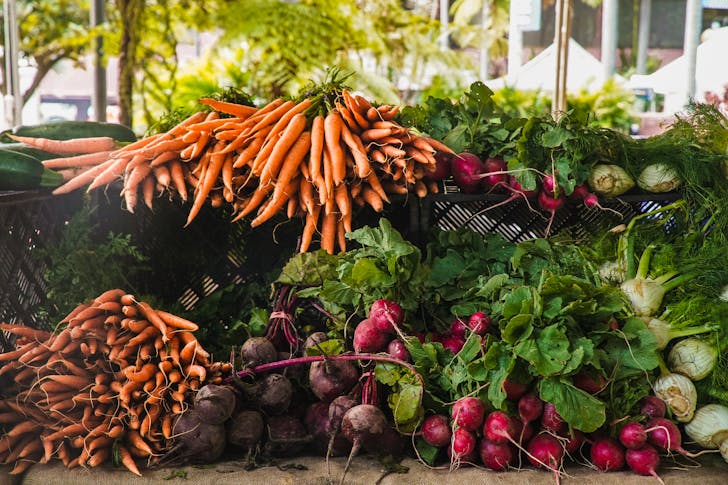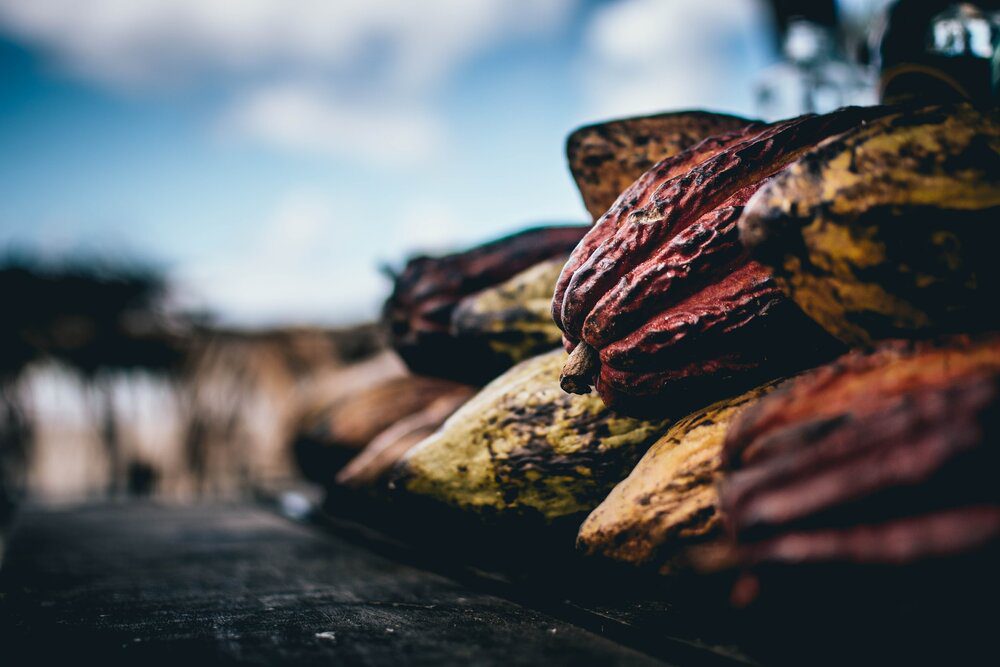Your gut is home to trillions of bacteria, and what you eat decides which ones thrive. A major study published in Nature Microbiology confirms that a plant-based diet feeds the good bacteria in your gut microbiome. Even if you eat some meat, packing your plate with whole plant foods can still support a healthier gut.
Researchers analyzed the diets of over 21,000 people across the United States, the United Kingdom, and Italy. Participants tracked their food intake using an app while scientists examined their stool samples using DNA technology. The findings were clear: Those who ate more plant foods had healthier gut microbiomes full of beneficial bacteria, leading to lower inflammation, better blood pressure, and improved cholesterol.
How Plants Feed Your Gut
Your gut microbiome is not just along for the ride. It plays a massive role in digestion, immunity, and even mental health. The study found that people who ate a variety of whole plant foods, like fruits, vegetables, and whole grains, had guts brimming with good bacteria.
These microbes help break down fiber, produce essential nutrients, and fight inflammation.

Viktoria / Pexels / Vegan participants had the most diverse and beneficial microbiomes. But even those who included some meat, as long as they consumed a high number of plant foods, had plenty of these healthy microbes.
A gut loaded with fiber-rich, plant-based foods creates an environment where beneficial bacteria thrive.
The Downside of Meat on Your Gut
On the other hand, omnivores, particularly those who ate a lot of red meat, had higher levels of bad bacteria. These harmful microbes have been linked to conditions like inflammatory bowel disease and colorectal cancer.
When red meat dominates your diet, it fosters gut bacteria that produce harmful compounds, potentially increasing the risk of chronic illness.
However, the study revealed a silver lining. If meat eaters consumed a wide range of plant-based foods, their gut microbiomes contained good bacteria as well. This suggests that a plant-forward diet can help balance out some of the negative effects of meat-heavy eating habits.
The Science Behind Gut Health
Your gut is not just a digestive system but a complete ecosystem. The bacteria inside it impact everything from digestion to brain function. The microbes thriving in plant-based eaters were linked to better metabolic health, reduced inflammation, and improved heart function.

Wendy / Pexels / The study suggests that fiber is the key. Fiber feeds these beneficial microbes and helps them produce short-chain fatty acids, which reduce inflammation and support gut integrity.
Meanwhile, diets heavy in processed foods and animal products lack this fiber and encourage the growth of less favorable bacteria. It is a simple equation: More plants mean more good bacteria and more good bacteria mean a healthier body.
Do You Have to Go Vegan for a Healthy Gut?
Not at all. The study’s results suggest that while vegans had the healthiest gut microbiomes, omnivores who ate plenty of plants were not far behind. What matters most is variety. The more plant foods you eat, the better your gut microbiome looks, regardless of whether you include some meat in your diet.
Experts emphasize that gut health is complex. While we know a plant-heavy diet encourages beneficial bacteria, more research is needed to determine its full impact on disease prevention. What is clear is that incorporating more whole plant foods into your daily meals benefits your gut and your overall health.
Remember, your gut thrives when you eat more plant-based foods. A diverse diet filled with fruits, vegetables, and whole grains fuels good bacteria that support digestion, reduce inflammation, and protect against disease. Even if you include some meat, focusing on plant variety can help balance your gut microbiome.










